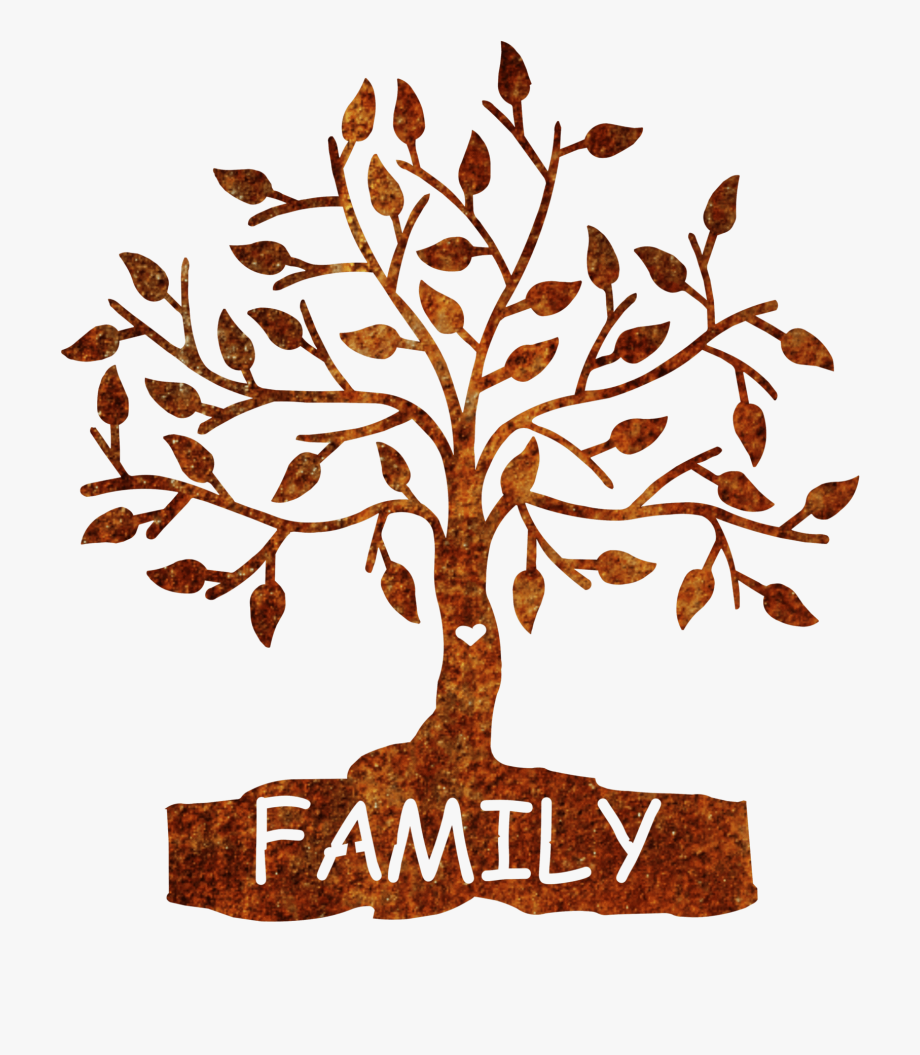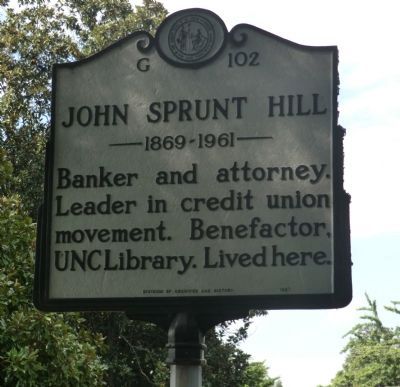 .... Who owns SECU?
.... Who owns SECU?
Ever thought about that question? Sure you haven't! Well, do think about it... who does own that little $50 billion North Carolina enterprise?
When credit unions were first organized, every member could readily answer that question. Joining a credit union meant you were part of a small, select group at work, on a military base, in a church, or within your local community, which was banding together to help each other. Your fellow members were your co-workers, fellow worshipers, friends, and neighbors - you knew each other.
You and your fellow members had a common need, a common purpose - access to affordable credit. The credit union wasn't about making a profit, it was about working together to help each other. It was a cooperative effort to improve the financial prospects of each member, of each family. Separately you couldn't do it, together perhaps you could.
Why did credit union members pay close attention? Because the loans being made by the credit union were being made with the savings dollars of other members. [Still works that way today!] Some members put their savings into the credit union, which used those deposits to make loans to fellow members. Savings deposits had a special name at credit unions; they were called "shares". Why shares?
Because each member's savings deposits were at risk of loss based on the performance of the credit union. Each member was an owner, an investor, a stakeholder in the success or failure of the credit union. Each member owned and shared an equal part of that risk.
If the loans were not repaid, each saving member shared in the loss! At the beginning of the year, you might have $500 on deposit in savings; but if major loan losses occurred, you might end up with only $400 at the end of the year. Your share of losses was deducted from your share account! Members kept close track of their credit union - and helped assure loans were prudent and got repaid.
SECU members knew their life savings were at stake. They knew they "shared the risk". They knew they owned SECU - and why that shared ownership was important!
Why aren't SECU members paying attention anymore? What has changed?
... as a member are you still "at risk"? If you don't know, shouldn't you ask?


 As you read in the last post, in 1915 North Carolina was among the early leaders in promoting the creation of credit unions - a new idea in the U.S., a new form of financial institution. Federal legislation permitting the formation of credit unions in every state was not enacted until 1934. SECU was formed on June 4, 1937.
As you read in the last post, in 1915 North Carolina was among the early leaders in promoting the creation of credit unions - a new idea in the U.S., a new form of financial institution. Federal legislation permitting the formation of credit unions in every state was not enacted until 1934. SECU was formed on June 4, 1937. Why 1937 for SECU? Can you spell "Great Depression"? If you are not a student of history, you might want to brush up on that era. How bad can things get? Desperate was the status quo for many Americans. Given the times, even those with stable jobs in state government and the public schools often "came up short" before the end of the month - still do!
Why 1937 for SECU? Can you spell "Great Depression"? If you are not a student of history, you might want to brush up on that era. How bad can things get? Desperate was the status quo for many Americans. Given the times, even those with stable jobs in state government and the public schools often "came up short" before the end of the month - still do!